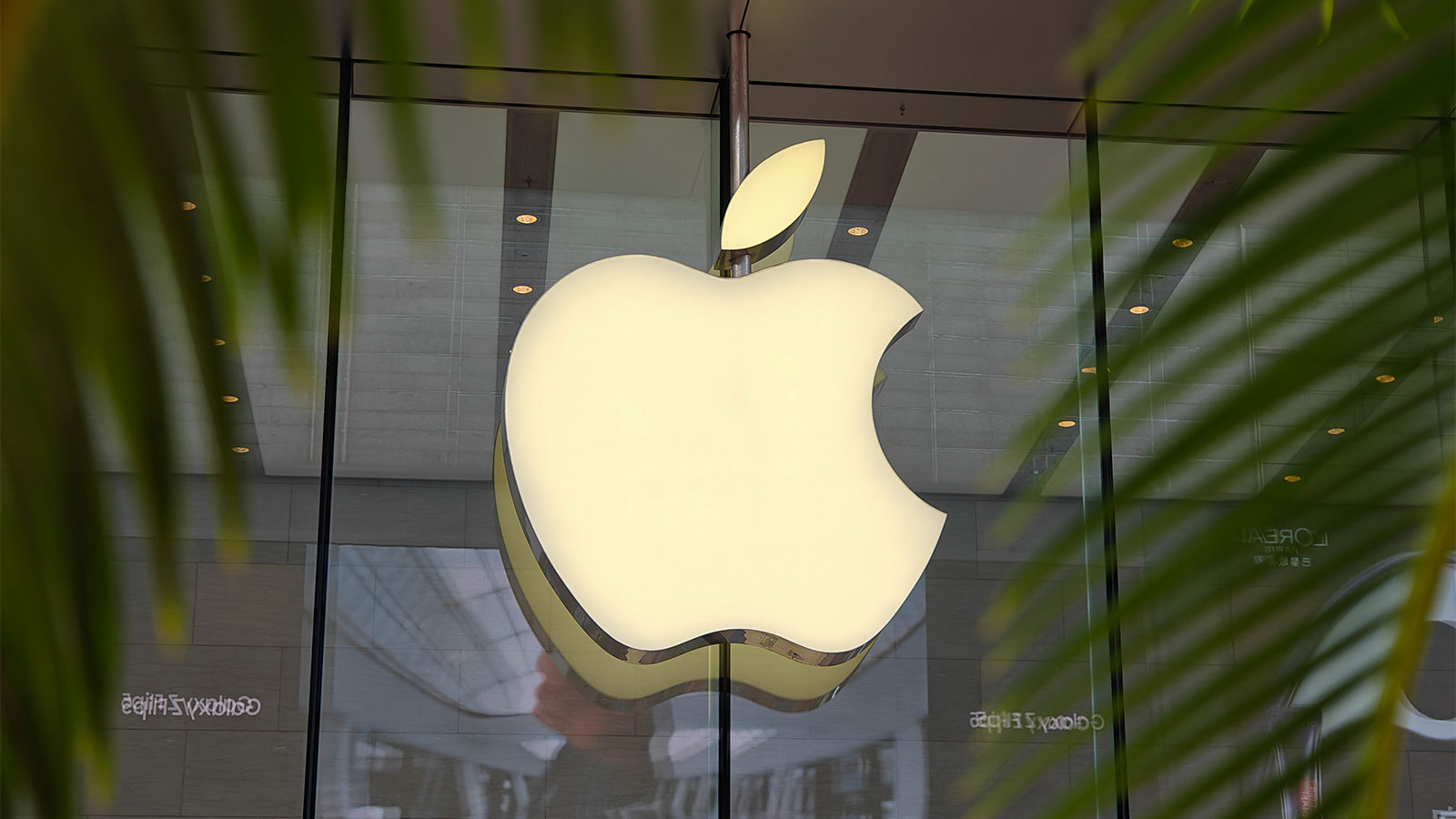I’m sure they’ll find a way to sell their components at full price just like what they do right now. They’ll surely keep their DRMs in place and prevent repairs with other components.
If they support it, it is because they modified it enough so that they benefit from it.
Agreed. But then it’s not actually right to repair. Right to repair means you need to be able to complete a repair on your own, and that includes any software needed to pair your parts, components, etc.
So if Apple messes with the bill, I hope that is made obvious by Right to Repair advocates and blows up in Apple’s face.
Any idea what prompted this about face?
They know the way the wind is blowing on this issue, and they trade in public image nearly as much as they do in physical goods. This is a good look for them, and when it was clear they wouldn’t win, they’re happy to join the winning side.
It’s also not completely out of left field—they’ve been expanding access to previously-internal repair guides and even tools over the last few years.
Many years ago, I read that the first rule of diplomacy is to assent graciously to the inevitable. :)
It’s a good rule!
It’s efficient at least. It saves a lot of effort spent on lost causes.
They’ve done pr things before too. The apple certified repair program is incredibly restrictive and expensive, the existing self repair even more so. So I’ll look at what they’re saying very carefully and critically.
Pessimistic: Apple lawyers have arguments prepared that DRM’ing individual components does not violate this law.
Less Pessimistic: Apple got a sufficient head start in supporting third-party repairs that it would be beneficial for them to get this law passed so that other manufacturers scramble to catch up.
Not DRM, but Apple does signing of components.
Apple doesn’t care because they already set their self repair program up exactly the way this legislation states. If you buy certain components you have to contact them for assistance activating them.
Which is the type of repair bill I don’t want. I would like to just source a donor phone and transplant parts to make it work again, aka reducing wastes. (and protecting my bank acc)
However, with a big player like Apple support this defective bill, it got a high chance to pass and set the standard.
I get why they do some of it in the security components, really wish they just gave the user the option to trust after a big warning banner. Yes, someone could have hacked this faceid camera, but since I’m the one putting it in and not some badguy please just associate it with this device now.
I agree. Security components, fine. Just let me skip over that.
However, what on earth they need to serialize the monitor and battery?!?! Calibration? How come I don’t need calibration for my PC monitor nor my camera batteries? Does it work to its fullest? No. Does it work. Yes. That all I want.
Sir/Madam, your iphone has been selected for a completely random verification by the customs agent, please provide and we will return it in 1 - 2 hrs. Thaaaannk you for your cooperation.
Not DRM
Apple doesn’t care […]. If you buy certain components you have to contact them for assistance activating them.
You are contradicting yourself
No, I’m actually not. Digital Rights Management has a specific meaning. Apple pairs devices to each other cryptographically, but it has nothing to do with managing rights. You have to contact them to assist you in pairing the devices to avoid warnings, just like a repair center does, but you are not actually activating them with Apple.
Oh, yeah, you are right. Sorry, I’m just too much used to calling DRM as Digital Restrictions Management.
You have to contact them to assist you in pairing the devices to avoid warnings, just like a repair center does, but you are not actually activating them with Apple.
Do you mean that the devices actually boot with the replacement parts, but they also show a warning about them? If so, did this change recently (as in, last few years), or was it always that way since digitally signed parts became a thing?
I don’t know if every replacement part is still bootable, but for some things it will boot up and warn you and disable some features like faceid.
Good points. It may also be that someone else is already out in front of this, and Apple is trying to catch up.
They aren’t.
This: https://support.apple.com/self-service-repair
Is exactly what the legislation asks for. I’m sure that is no coincidence.
The last time it failed it was supposed to come back with allowing modules instead of parts. Apple would be fine with selling “modules” as they consider their devices to be top case, bottom case, motherboard, battery, and screen (has stuff attached.) If they can have a needs calibration some where to shame 3rd party repairs and not allow board level repair it is just what they wanted.
Fair point.
They’re probably trying to get ahead of legislation.
Or at least not be seen as losing this fight. They’ve apparently decided that this is not the hill to die on.
I think European legislation has a hand in this.
I suspect you’re right.
This is the…3rd? 4th? time they’ve “about faced” on R2R. It’s a sham. Every time.
Yeah right to repair your buggy USB in your MacBook by replacing its motherboard.
Just to make it useless like in NYC?
Uh oh…
I haven’t gotten a chance to look at it yet, but Lewis Rossmann’s comments are usually very helpful for things like this. I don’t know what apple is playing at.
Here is an alternative Piped link(s): https://piped.video/0tB3t7xGWjk?si=WuNaLDG3JezU0Rwn
Piped is a privacy-respecting open-source alternative frontend to YouTube.
I’m open-source, check me out at GitHub.
Good bot
What about battery, ram and storage in laptops?
Right to repair doesn’t mean you can.
Right to repair means you have access to the parts and software tools needed to do the repair. So for Apple, that would mean battery, RAM, and storage modules, plus any software needed to pair things.
So if you don’t have the skills or equipment to repair your laptop yourself, you could at least go to a selection of independent repair shops that do.
That would be great. But Apple has fused all these things together on the motherboard so that … well … they can only be replace outright vs repaired.
I don’t mind cpu / mobo fusing but storage and ram is just a kick in the ass. It really is a shame.
Things that are soldered can be desoldered and replaced, provided the parts are available. And soldering them to the board has benefits:
- RAM - higher performance because chips are closer to the CPU
- storage - space efficiency
I personally would rather have a slightly thicker laptop and get user replaceable NVMe drives, and memory performance isn’t super critical for me, but as long as the parts are available on the market for a reasonable price, I’m satisfied as far as repairability goes.
the debate is could vs should
Maybe for storage, but I’ve heard the RAM proximity is a significant part of why M1 is faster than Intel CPUs in benchmarks
Regardless, we shouldn’t be fighting to force manufacturers to make products easier to repair, we should be fighting to make sure all parts needed to do a repair are available, and that should include software and all chips on a board. They don’t need to sell those parts forever, just have them available for the life of the product (e.g. as long as the device is being sold or warrantied by the manufacturer). And they don’t need to sell the parts themselves, only allow third parties to buy parts from theirb suppliers.
Once we have that, we can discuss repair-hostile design. But as long as parts aren’t available, there’s not really a point to forcing manufacturers to make it easier to make repairs.
Good as everyone should be able to try to do some repairs when something is broken.
But programmed obsolescence is even worse as you have perfectly working devices which you can’t use anymore because they are officially not supported (by an os for instance).
The same way I am extremely skeptical on macrohard supporting right to repair bills, I am very skeptical of appl€ doing the exact same thing. Ain’t no way they ain’t gonna spin it in a way that forces you to either be stuck with macO$ or Bimbows so they can shut out both gøøgl€ and Linux/BSD/whatever else.








